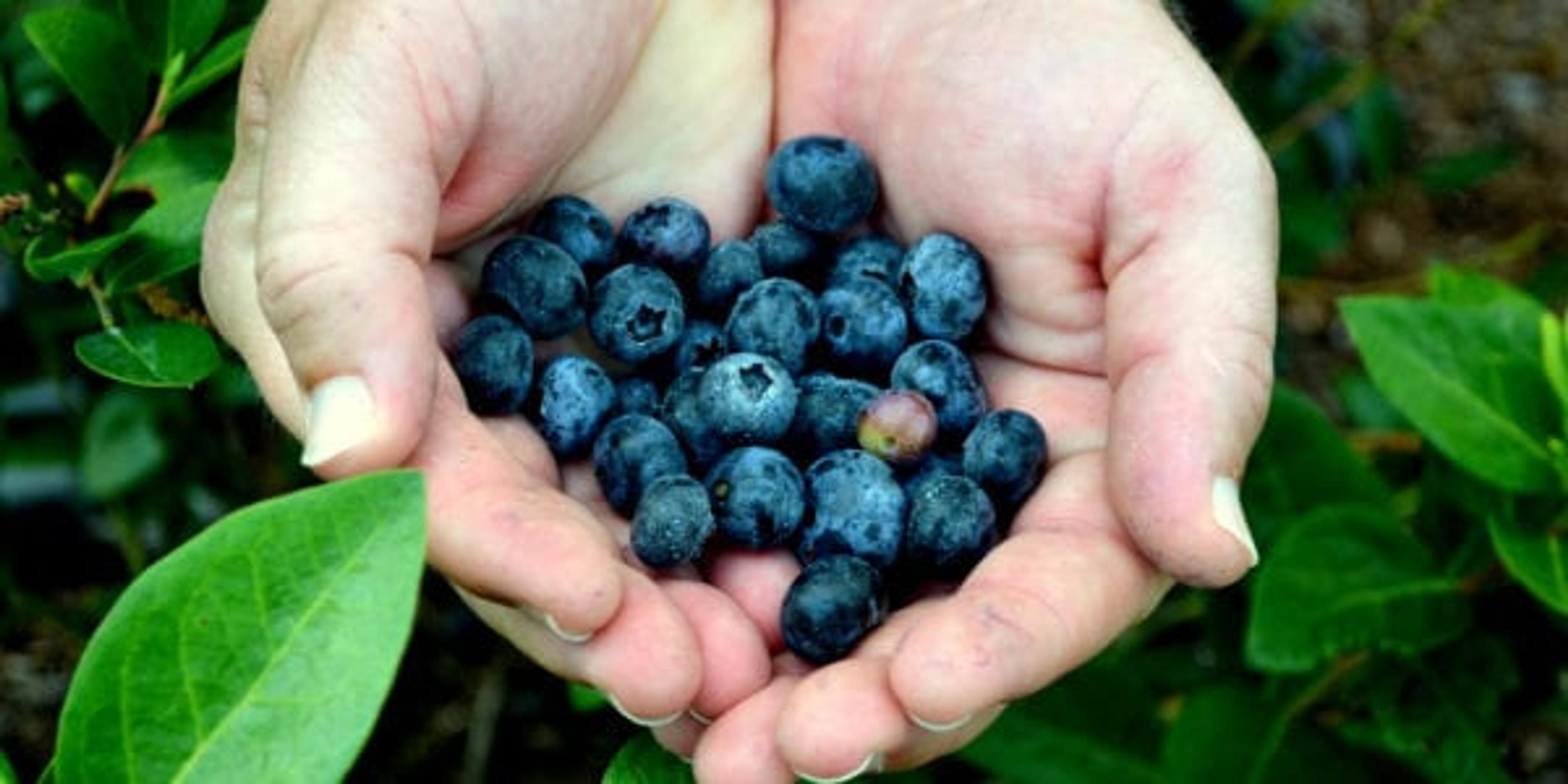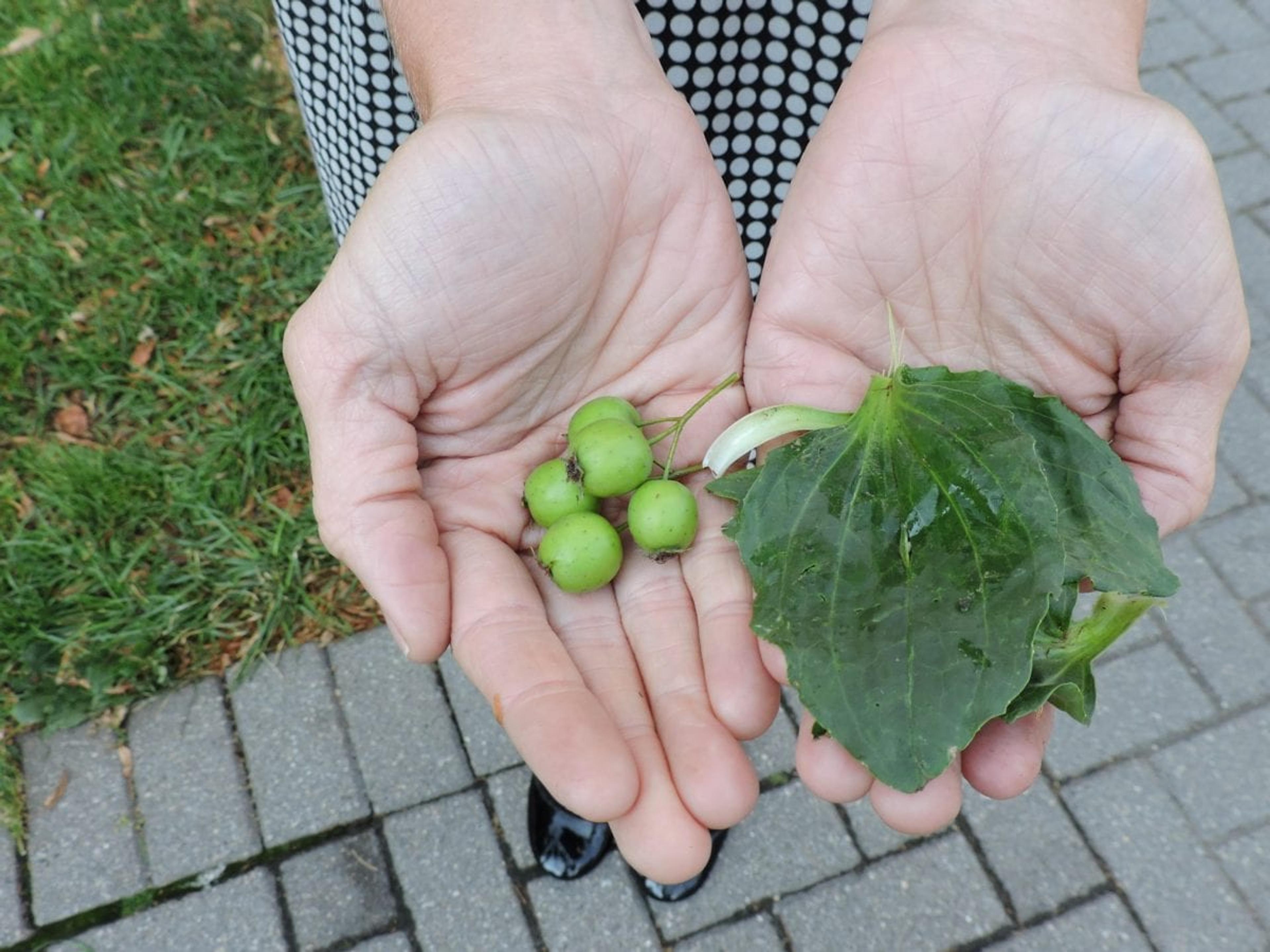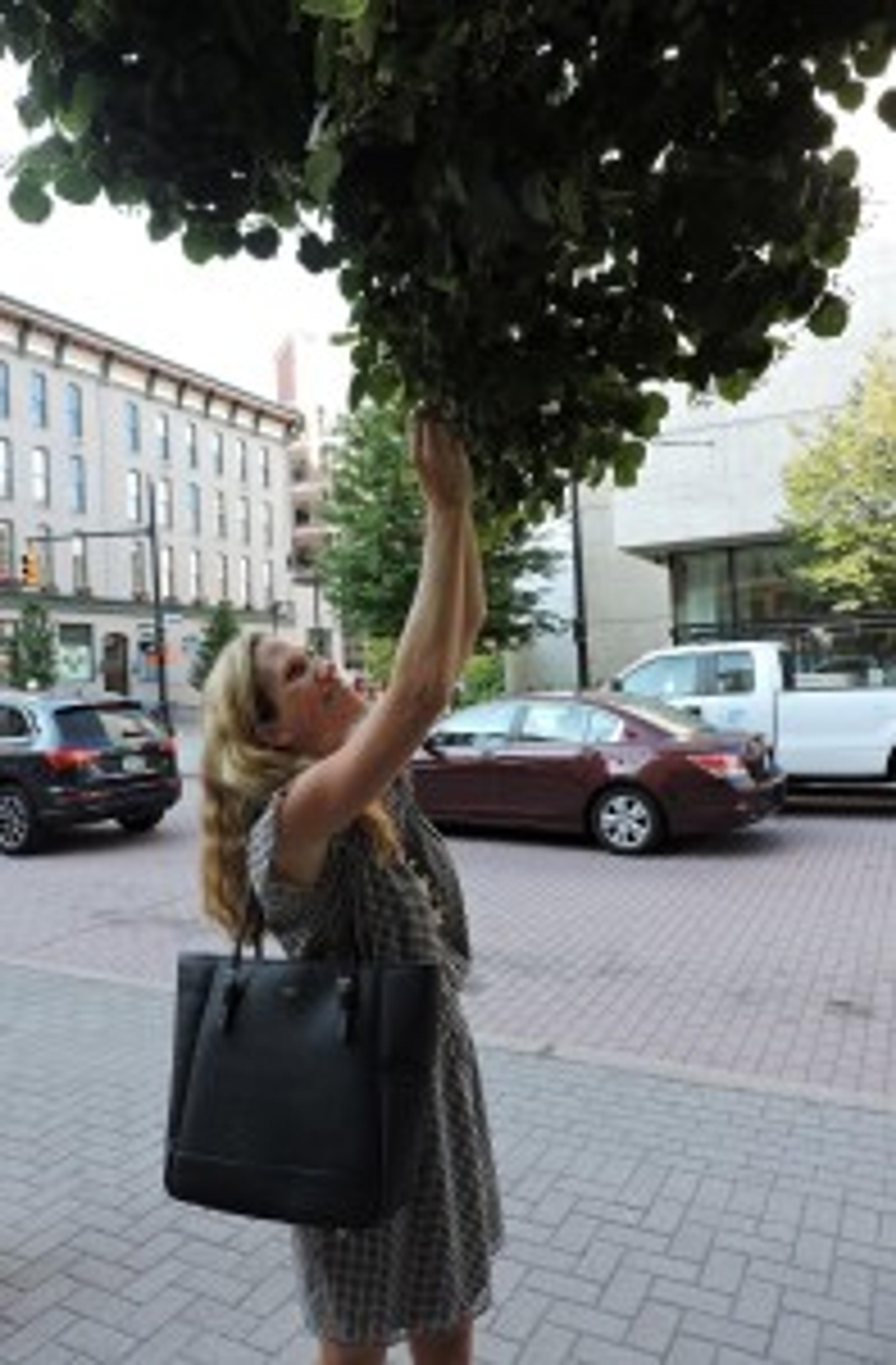That’s Wild: Foraging Takes Local Food to New Extremes

Julie Bitely
| 3 min read

If you looked at wild plants and weeds through Lisa Rose’s eyes, you might see dinner, or at least a snack.
Rose, a Grand Rapids herbalist, forager, and author, sees food everywhere she goes. Leaves from downtown linden trees, crab apples on running trails, and milkweed from her yard are just a few examples of the wild produce she works into her diet.
Foraging for wild food is a growing trend that goes beyond popular morel mushroom hunts. Eateries and restaurants actually employ foragers to add not-so-exotic ingredients to their dishes, such as ramps, wild herbs and garlic, flowers, and more.
“The foraging trend is a natural extension of farm-to-table dining, do-it-yourself, and homesteading movements”, Rose said.
She sees it as another way to pursue a healthy lifestyle in a way that respects and honors the biodiversity of the land surrounding us.

Edible plants foraged near Grand Rapids’ Rosa Parks Circle.
“Nature has a way of growing that we should pay attention to and learn from,” Rose said. “Foraging is a way to reconnect people to where their food comes from and expose them to new food sources. Appreciating whole, natural food goes hand in hand with families cooking meals at home and preserving food through canning. It all ladders up to a desire to avoid a factory food system that may not have our best health interests in mind.”
“Some of these skills have to be re-learned because the market can’t support our choices anymore,” she said.

Lisa Rose picking a leaf off a linden tree in downtown Grand Rapids.
Want to give foraging a try? Here are some tips.
Just explore. This is really the first step, Rose explains. Just get outside and check out what’s growing where you live.
“The season and the soil will drive your foraging,” she said.
She goes out almost every day to collect ingredients for teas, herbal salves, and meals. Rose said there are a ton of options for foragers in Michigan.
“We’re one of the most beautiful places in the country and we can feed people,” she said. “Wild foods are just a part of that.”
Think sustainably. When you’re harvesting plants or mushrooms, never take it all.
“You should always make sure that there is enough to promote future harvests,” Rose said. “It’s not just a vegetable garden we can take from.”
Consider your surroundings. If you’re in an urban area, or even a rural area with a history of pollution, use common sense before you pluck. Note parks that may use chemicals to treat their lawn and be wary of taking plants from there.
Do your homework. There are a number of books and websites to get you started. Check out Foraging.com, the University of Michigan’s Herbarium, and the USDA’s Plants Database. If you want a more hands-on look at foraging, Rose is teaching an upcoming class through the Kent District Library at the Gaines Township branch. Sign up and enjoy a new culinary adventure!
Photo credit: Ruby fenn





